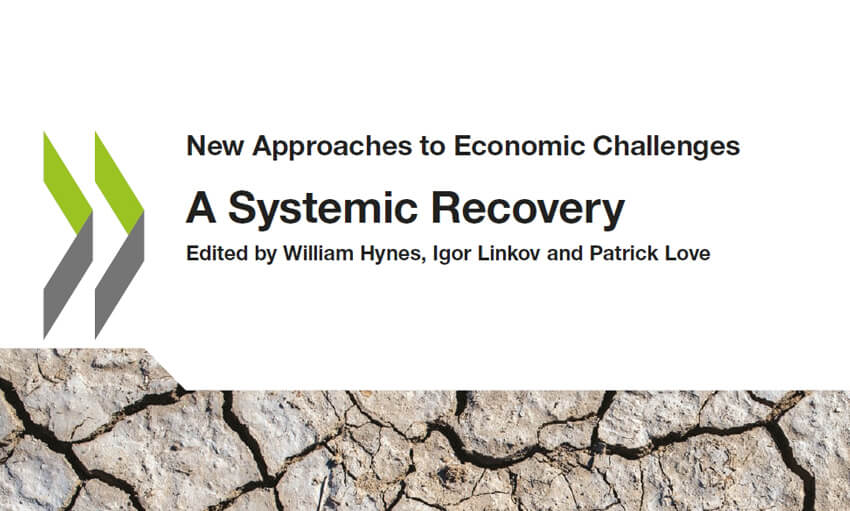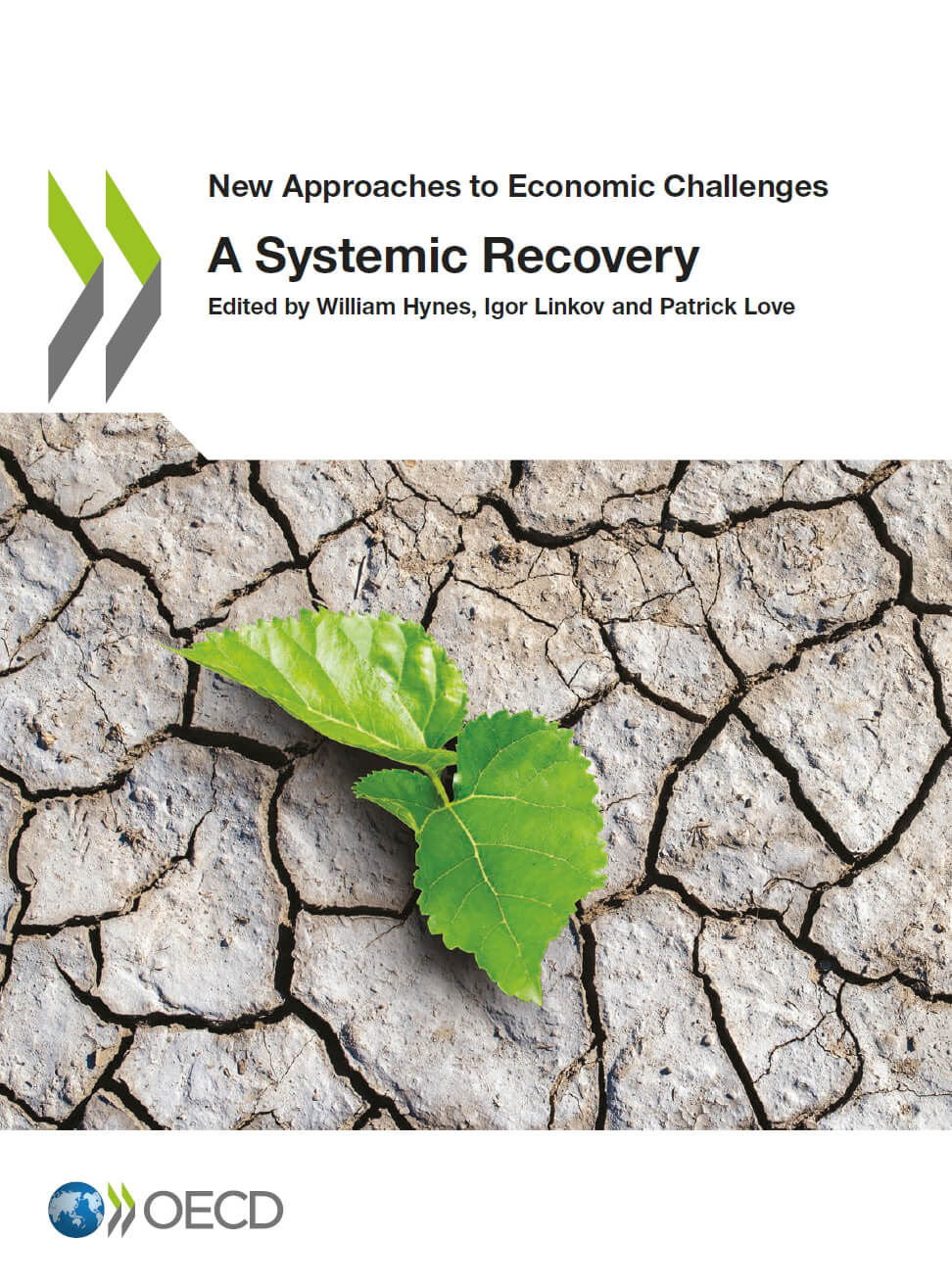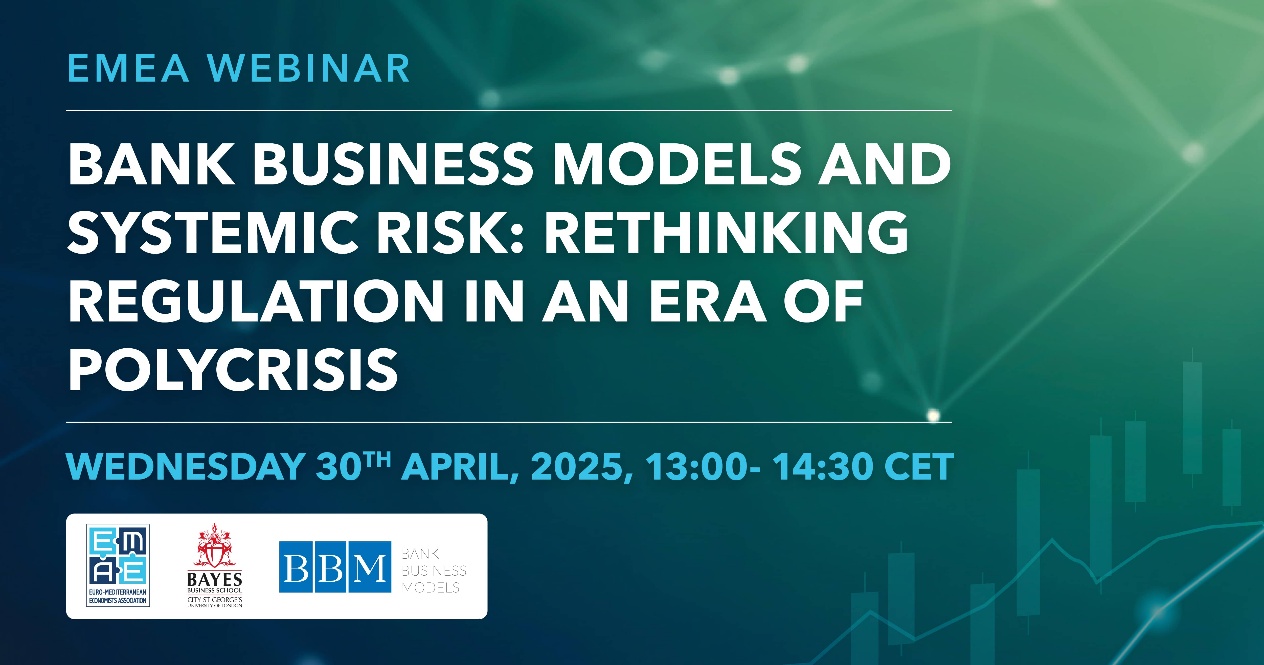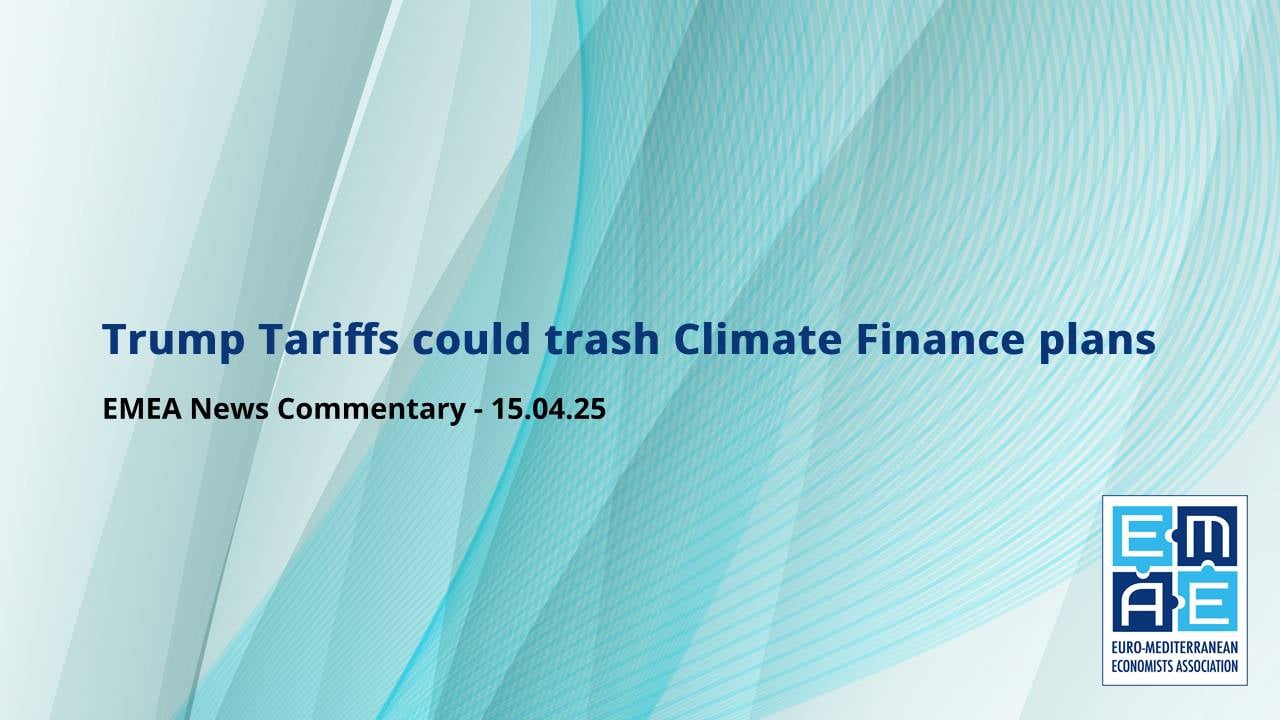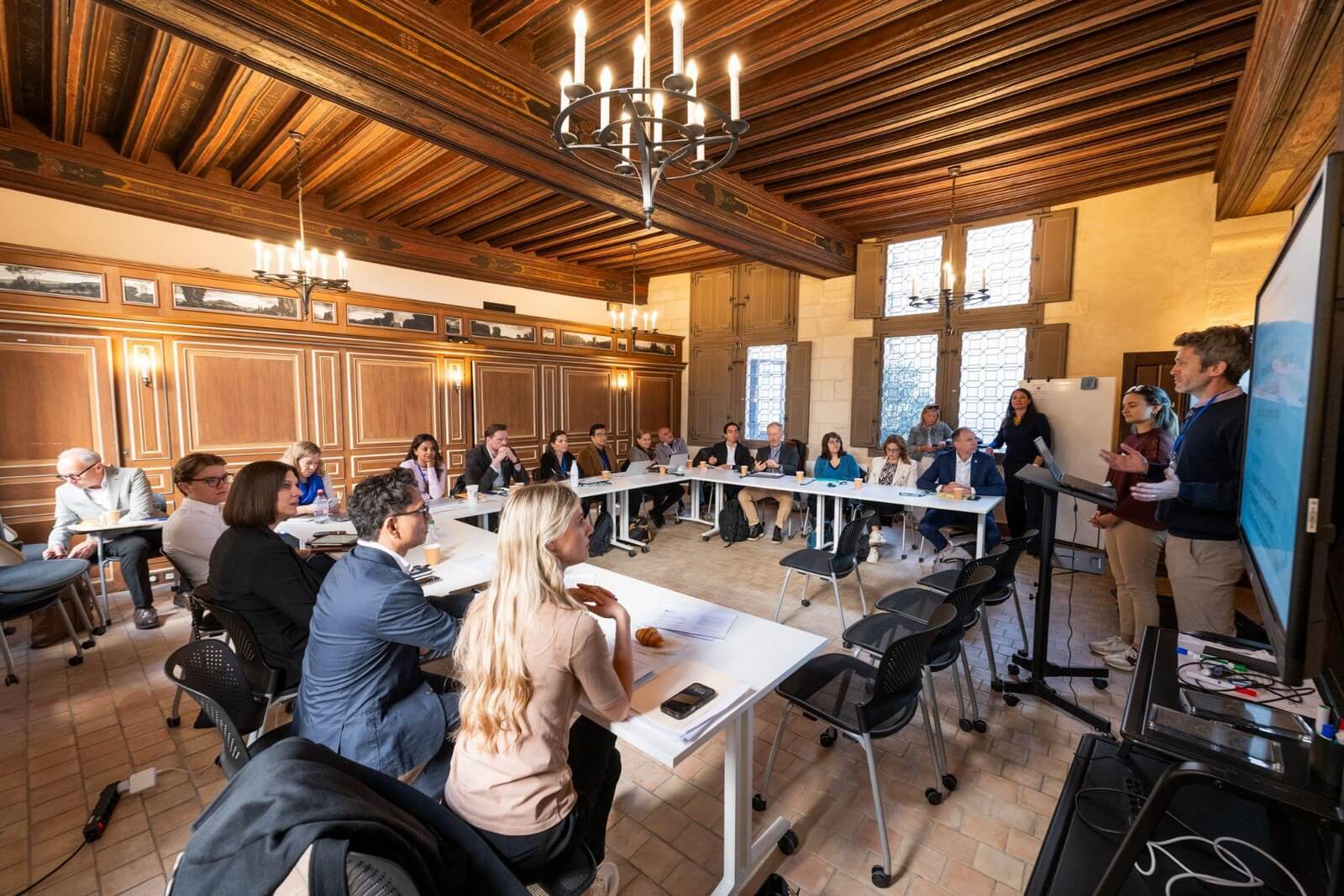Barcelona, Spain; November 02, 2022: The Organization for Economic Co-Operation and Development (OECD) has published a book “A Systemic Recovery”. Chapter 6 is titled “Build back brainer: base policies on brain science” and is a product of the Brain Capital Alliance, the OECD Neuroscience-inspired Policy Initiative and the OECD New Approaches to Economic Challenges Group in collaboration with the Euro-Mediterranean Economists Association. The chapter was co-authored by 60 multidisciplinary co-authors from 78 institutions globally.
The OECD book posits that new economic thinking and acting through a systemic approach could outline policy alternatives to tackle the global-scale systemic challenges of financial, economic, social and environmental emergencies, and help steer our recovery out of the current crisis. A systemic recovery requires an economic approach that balances several factors – markets and states, efficiency and resilience, growth and sustainability, national and global stability, short-term emergency measures and long-term structural change. To achieve this, we need to think beyond our policy silos, comprehend our interconnections, and build resilience into our systems.
As Lundbeck noted recently in their brain health position statement, the world is increasingly relying on brain capital, where a premium is put on brain skills and brain health (e.g. individual’s cognitive, emotional, and social brain resources)
The World Health Organisation also noted that investing in building brain capital is fundamental to meet modern societal challenges and to drive innovation.
Harris A. Eyre MD PhD, Lead of the Brain Capital Alliance, Fellow for Brain Health at Center for Health and Bioscience at The Baker Institute for Public Policy at Rice University and Advisor to EMEA, noted “This chapter presents a conceptual asset, Brain Capital, to inform novel policies. The concept builds on previous work, the Brain Capital Grand Strategy, that considers Brain Capital in all policies and offers a comprehensive investment plan and the development of a dashboard. The premise, enablers, and barriers towards a Brain Capital Building Policy Agenda are outlined. Engagement with communities is proposed, and approaches for educating policymakers are described. Brain Capital building policies should be considered in sectors such as human development, migration, gender issues, social justice, multi-cultural affairs, economics, protections, and international relations. Novel approaches for public investment including brain bonds and social impact investing are considered.” Eyre is also Co-Lead of the OECD Neuroscience-inspired Policy Initiative and Senior Fellow for Brain Capital with the Meadows Mental Health Policy Institute.
Sarah Dunlop PhD, Head of Plastics and Human Health at Minderoo Foundation, was a coauthor on this chapter and noted “The choice is ours: Continue trashing our brains, and our children’s, with chemical pollution and with it the future. Or stop the pollution and secure all life on Earth – including the future of humanity and civilisation.” The Minderoo Foundation Plastics & Human Health program has assembled authoritative and credible evidence and is collaborating with experts around the world in the shared aim to investigate and highlight the negative impacts of plastic on our health. The program is revealing the impacts of plastics on human health by harnessing research literature and supporting clinical research infrastructure to inform government policy and the redesign of plastics by the plastics industry.
Fernando Torrente PhD, Director for Neuroscience and Public Policy at Fundación INECO was a coauthor on this chapter and was recently involved in an EMEA-Brain Capital Alliance webinar titled “Brain capital innovations in Latin America”. The webinar report is here. Torrente noted “The individual and collective response to crises and major social challenges depend largely on human behavior, the study of which can provide tools to inform public policies. The COVID-19 pandemic has stressed this need to articulate our actions with a scientific basis, and neurosciences are a key piece for this endeavor. However, this chapter goes beyond this instrumental role of the neurosciences. The idea developed here is that the very development of society and the economy depend on brain-based planning. Our brain is in itself a development tool, and therefore its care and empowerment are key to thinking about growth and social well-being. Innovative ideas, solutions to complex problems, the ability to produce knowledge and implement it depend on the health and capacity of our brains. In particular, in developing countries, there is a delay in key areas for the development of brain capital, such as stimulation in early childhood or the prevention of neurodegenerative diseases. For this reason, the initiative of a strategic plan for the development of brain capital is, more than an option, an urgent need.”
Brain capital has been profiled at the United Nations General Assembly and in major public and private reports from the World Health Organization, the UN Development Programme, Price Waterhouse Coopers and Lundbeck.
In conclusion, Rym Ayadi PhD, Founder and President of EMEA and chapter coauthor noted “This chapter with the OECD book is another landmark in the advancement of the new field of brain capital. We also match this framing work with the Brain Capital Dashboard to measure and track in an objective fashion. We will head to the COP27 United Nations Climate Change Conference with more momentum”. Details on EMEA’s COP27 activities are here.
Coauthors and their key affiliations: Walter D. Dawson of Oregon Health and Science University, Erin Smith of the Global Brain Health Institute, Agustin Ibanez of the Latin American Brain Health Institute, Michael Berk of Deakin University, Jorge Jraissati of the IESE Business School, Chee H. Ng of The University of Melbourne, Carol Graham of The Brookings Institution, Ian Macrae of High Potential Psychology, Jessica Wolfe of Cohen Veteran Bioscience, Ian H. Robertson of Trinity College Dublin, Sandra Bond Chapman of the Center for BrainHeatlh, Geoffrey Ling the Center for BrainHeatlh, William Hynes of the OECD, Michael Hogan of the Thriving Queensland Kids Partnership, Lori Rubenstein of ARACY, Malcolm Forbes of Deakin University, Ernestine Fu of Stanford University, Shuo Chen of Berkeley and Singularity University, Zoltan Sarnyai of James Cook University, Sue McGinty of the Tropical Brain and Mind Foundation, Adri Jayaratne of the University of California at San Francisco, Dilip V. Jeste of the University of California at San Diego, Eric Storch of Baylor College of Medicine, Marion Leboyer of FondaMental Fondation, Stephane M. Shepherd of Swinburne University, Ryan Abbott of The University of Surrey, James T. Hackett of The Hackett Center for Mental Health Policy, Sheryl Batchelor of Yiliyapinga Indigenous Corporation, Andy Keller of Meadows Mental Health Policy Institute, Rebecca Brune of Meadows Mental Health Policy Institute, Andrew Robb of The Black Dog Institute, Sarah Caddick of Thalamic, Sarah Dunlop of Minderoo Foundation, Christos Symeonides of Minderoo Foundation, Meredith Ryland of Minderoo Foundation, Ian Wronski of James Cook University, Inez Jabalpurwala of Brain Health Nexus, Magali Haas of Cohen Veterans Bioscience, Daryl Tol of One Mind at Work, Laura Booi of Leeds Beckett University, George Vradenburg of Davos Alzhiemer’s Collaborative, John Kuot of the Australian-American Fulbright Commission, Shekhar Saxena of Harvard University, Michael Freeman of UCSF, Helen Lavretsky of UCLA, Kunmi Sobowale of UCLA, Pawel Swieboda of EBRAINS, Andrew Wister of Simon Fraser University, Antonella Santuccione Chadha of the Women’s Brain Project, Igor Linkov of the US Army Corp of Engineers, Benjamin Trump of the US Army Corp of Engineers, Andrew S. Nevin of PwC Nigeria, Patrick Brennan of UCLA, Theo Edmonds of CU Denver Jair C. Soares of UTHealth, Mark D’Esposito of Berkeley, Henry Asher of Dartmouth, Fernando Torrente of INECO, Karen Rommelfanger of Emory University, Sarmed Rashid, Patrick J. Brannelly of ADDI, Cara Altimus of The Milken Institute, Susannah Savage of The Economist, Benjamin F. Miller, Rym Ayadi of EMEA, David A. Angeler, Dapo Tomori of The University of New Mexico, Facundo Manes of INECO, Julio Licinio of SUNY, Richard Hunter of The University of Massachussetts at Boston, Harris A. Eyre of the Brain Capital Alliance and OECD Neuroscience-inspired Policy Initiative
Book DOI: https://doi.org/10.1787/62830370-en


